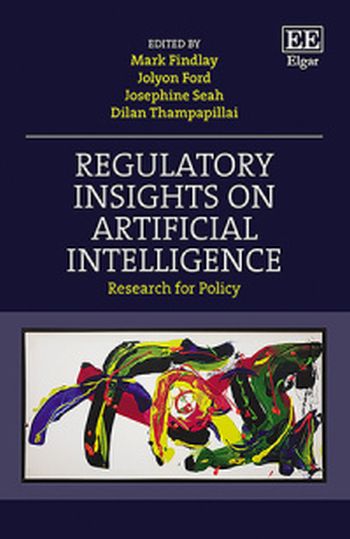
This provocative book investigates the relationship between law and artificial intelligence (AI) governance, and the need for new and innovative approaches to regulating AI and big data in ways that go beyond market concerns alone and look to sustainability and social good.
Taking a multidisciplinary approach, the contributors demonstrate the interplay between various research methods, and policy motivations, to show that law-based regulation and governance of AI is vital to efforts at ensuring justice, trust in administrative and contractual processes, and inclusive social cohesion in our increasingly technologically-driven societies. The book provides valuable insights on the new challenges posed by a rapid reliance on AI and big data, from data protection regimes around sensitive personal data, to blockchain and smart contracts, platform data reuse, IP rights and limitations, and many other crucial concerns for law’s interventions. The book also engages with concerns about the ‘surveillance society’, for example regarding contact tracing technology used during the Covid-19 pandemic.
The analytical approach provided will make this an excellent resource for scholars and educators, legal practitioners (from constitutional law to contract law) and policy makers within regulation and governance. The empirical case studies will also be of great interest to scholars of technology law and public policy. The regulatory community will find this collection offers an influential case for law’s relevance in giving institutional enforceability to ethics and principled design.